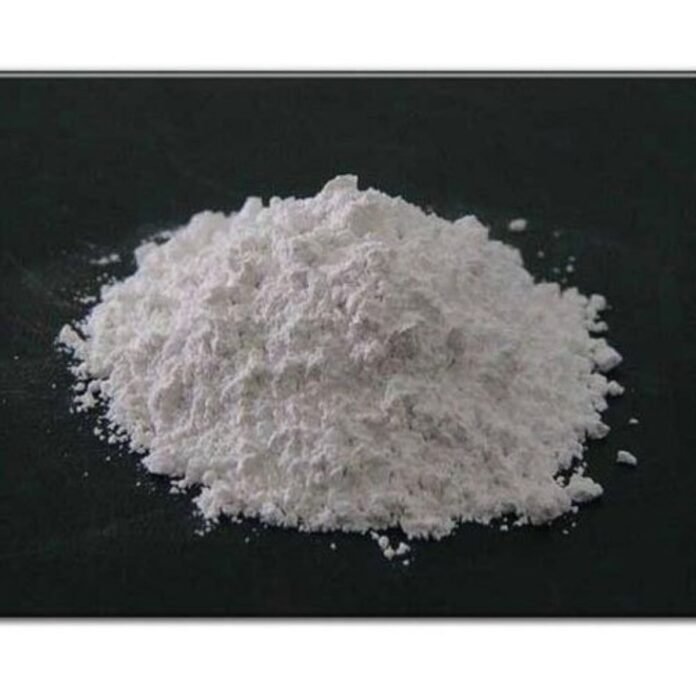Ground calcium carbonate is a natural substance found in sedimentary rocks, and it plays a vital role in agriculture and gardening. This mineral is primarily used to improve soil quality and provide essential nutrients for plants. Understanding how ground calcium carbonate contributes to plant growth can help gardeners and farmers make better decisions for their crops.
Enhancing Soil pH
One of the main benefits of ground calcium carbonate is its ability to neutralize acidic soils. Many soils can become too acidic due to factors like heavy rainfall or the use of certain fertilizers. When soil pH drops, it can hinder plant growth and reduce nutrient availability. By adding ground calcium carbonate to the soil, the pH level can be adjusted to a more neutral range. This creates a better environment for plant roots to absorb nutrients effectively, leading to healthier and more robust plants.
Improving Nutrient Availability
Ground calcium carbonate is an excellent source of calcium, a vital nutrient for plants. Calcium is crucial for cell wall structure and growth, making it essential for the development of strong and healthy plants. Additionally, calcium helps improve the uptake of other nutrients, such as nitrogen and potassium. When plants receive adequate calcium, they are better equipped to absorb and utilize these nutrients, which can enhance overall growth and productivity.
Enhancing Soil Structure
Another significant advantage of using ground calcium carbonate is its ability to improve soil structure. Good soil structure promotes better aeration, drainage, and root development. When ground calcium carbonate is mixed into the soil, it helps bind soil particles together, creating a more stable and crumbly texture. This improved structure allows plant roots to penetrate the soil more easily, facilitating better access to water and nutrients. As a result, plants can grow more vigorously and produce higher yields.
Reducing Soil Compaction
Soil compaction can pose a significant challenge for plant growth. When soil becomes compacted, it restricts root growth and limits the movement of air and water within the soil. Ground calcium carbonate can help alleviate this issue by improving the soil’s physical properties. By promoting better aggregation of soil particles, ground calcium carbonate reduces compaction and creates a more favorable environment for root expansion. This results in healthier plants that are better able to withstand environmental stressors.
Encouraging Beneficial Microorganisms
The presence of ground calcium carbonate in the soil can also promote the growth of beneficial microorganisms. Healthy soil is teeming with microbes that play a crucial role in breaking down organic matter and recycling nutrients. These microorganisms thrive in balanced pH conditions, which can be achieved by adding ground calcium carbonate. When the microbial community is strong, it enhances soil fertility and supports plant growth.
Environmental Benefits
Using ground calcium carbonate is not only beneficial for plants but also for the environment. It is a natural and sustainable product that can help reduce the need for chemical fertilizers. By improving soil health and fertility naturally, ground calcium carbonate contributes to more sustainable agricultural practices. This can lead to healthier ecosystems and reduce the environmental impact of farming.
Conclusion
Ground calcium carbonate is a valuable resource for anyone involved in gardening or farming. Its ability to enhance soil pH, improve nutrient availability, and promote beneficial soil structure makes it an essential component in plant growth. By understanding the role of ground calcium carbonate in agriculture, farmers and gardeners can make informed choices that lead to healthier plants and more productive yields. For those looking for quality options, it’s helpful to research reliable ground calcium carbonate manufacturers in India to ensure they are using the best products for their needs.


